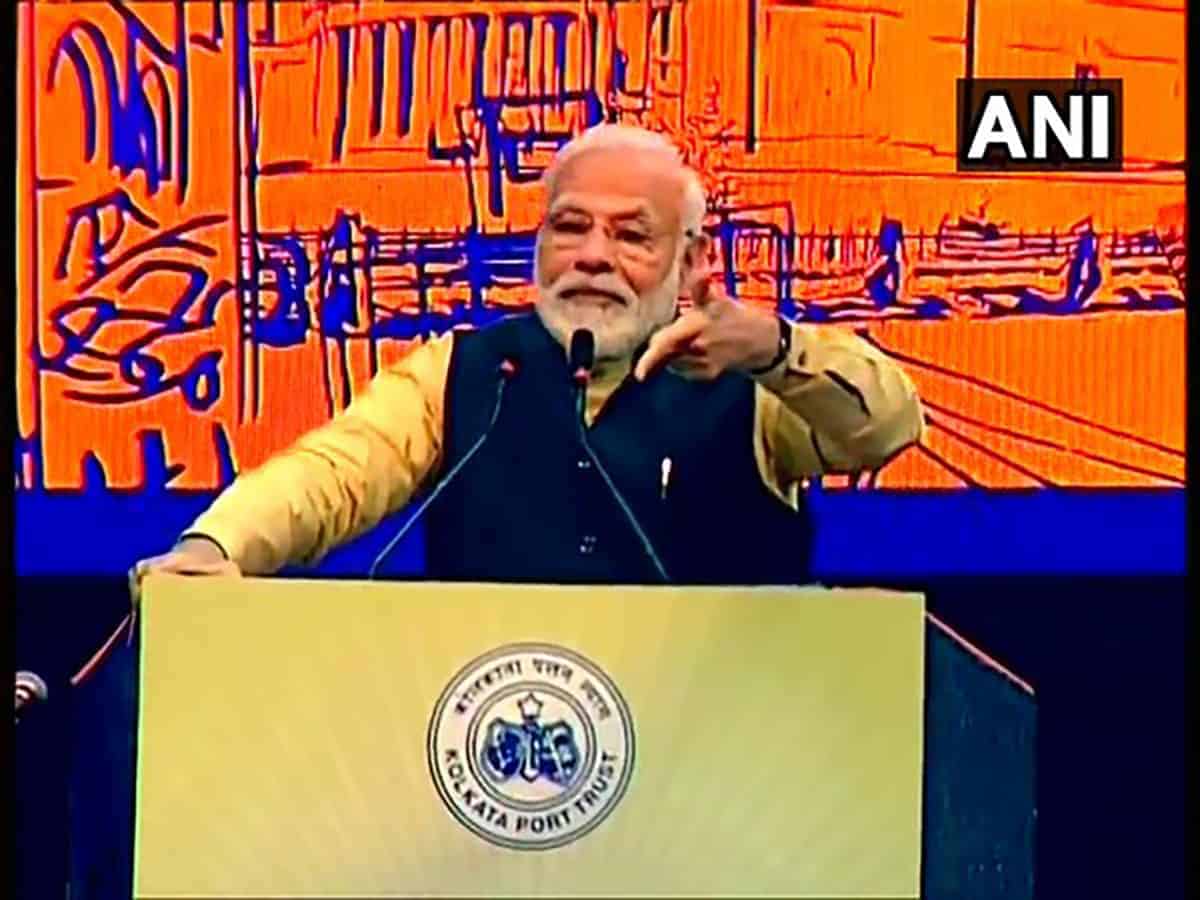Assam: BJP’s key strategist and Assam Minister Himanta Biswa Sarma made yet another controversial statement regarding the unconstitutional legislation and said those applying for Indian citizenship under the Citizenship Amendment Act (CAA) need not prove if they had or have faced religious persecution.
According to new developments, the Minister said although the individuals need not prove the ruling central government will work out a process to verify their claims, NDTV reported.
“There can be no proof of religious persecution. But they will need proof that they came before 2014. How can there be proof of religious persecution? Will any police station in Bangladesh give them a document that says they faced religious persecution?” the Minister asked.
“But the Indian government will have some in-house processes to check whether the place that they are coming from had any incident of atrocities against minorities,” Mr Sarma added.
The controversial Citizenship Amendment Law that came into force since January 10 last week amidst nationwide outrage promising refugees Indian citizenship to non-Muslims who have come from Pakistan, Afghanistan and Bangladesh before December 31, 2014.
The unconstitutional law discriminates against the Muslim community as well as other sections of people.
Protests have also raged in north-eastern states, including Assam, against the law as indigenous communities fear the law could legalize lakhs of immigrants who have come in from Bangladesh over the decades.
Despite outrage against CAA, NRC, NPR, Indian Prime Minister Modi and the Home Minister along with BJP functionaries have maintained the law is required and will not step back no matter what may come.
Moreover, videos of threatening, assault against people opposing this act have emerged on the internet yet no action is being taken.
It is totally up to the Indian government to devise a procedure to verify the claims the Minister added.
Several states including Kerala, West Bengal, and Punjab have said the law will not implement these states and since then the law has already been challenged in the Supreme Court too.

